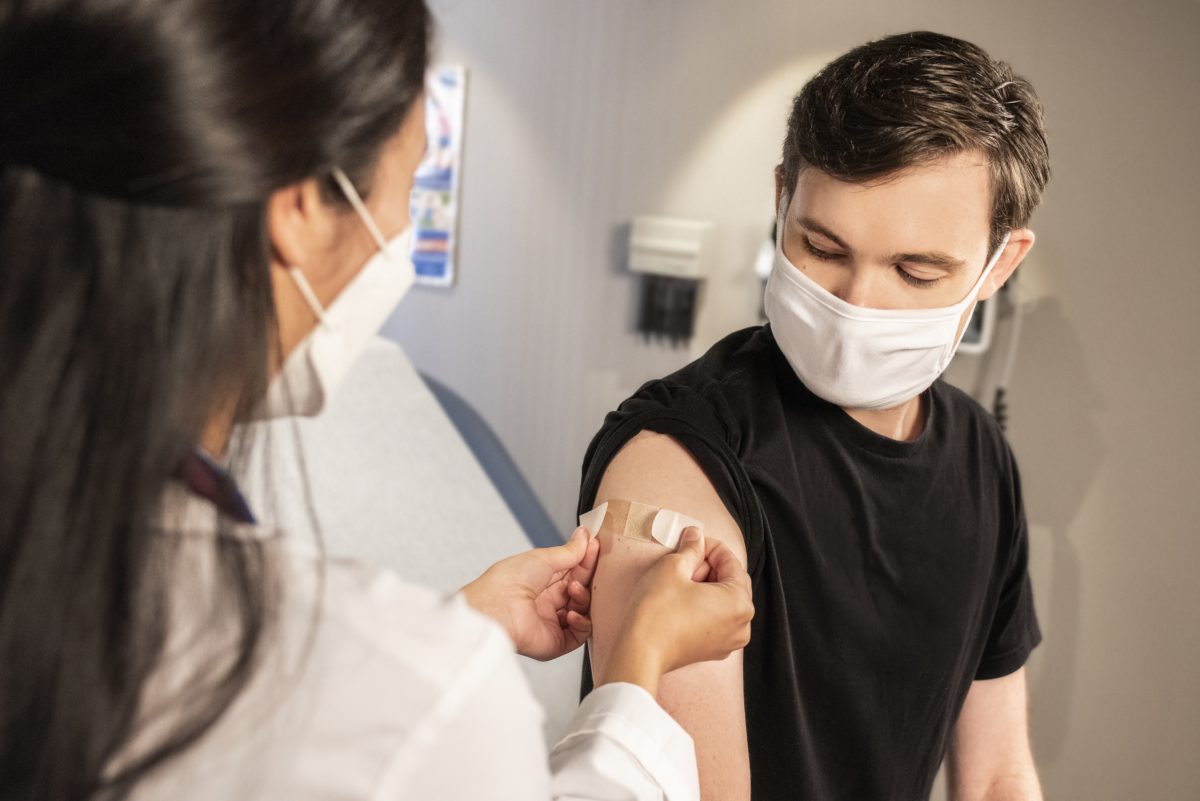Businesses to Provide Health Care Benefits Information
Under the Patient Protection and Affordable Care Act, employers that sponsor group health plans, along with their insurers, must provide health plan participants and beneficiaries with clear and understandable information about their plans so that they can make informed decisions when choosing coverage. Below, we discuss what this new “Summary of Benefits and Coverage” (SBC) disclosure may mean for you.
For employer-sponsored group health plans, the insurance issuer is required to provide the SBC to the sponsoring employer. The employer and the insurer are responsible for providing the SBC to plan participants and beneficiaries. In the case of a self-insured group health plan, the plan administrator must provide the SBC to participants and beneficiaries.
An SBC generally is not required for standalone dental and vision plans, health flexible spending arrangements (FSAs), and health savings accounts (HSAs). Health reimbursement arrangements (HRAs), however, are subject to the SBC rules.
When Disclosures Are Required
You generally must provide enrolling or re-enrolling employees and beneficiaries with the SBC beginning on the first day of the first open enrollment period or first plan year that begins on or after September 23, 2012. Thus, for most employers, initial SBCs are required for the 2013 open enrollment period. The SBC also must be furnished to COBRA beneficiaries during the open enrollment period. Your insurer should make the appropriate SBC(s) available to you.
Employees and beneficiaries entitled to special enrollment rights (for example, under HIPAA) must receive the SBC within 90 days after enrollment. Plans and insurers that automatically renew coverage, rather than requiring re-enrollment, must furnish the SBC no later than 30 days prior to the first day of the new plan or policy year. You also must provide the SBC to employees and beneficiaries who request the SBC or summary information about health coverage as soon as is practicable but no later than seven business days following receipt of the request.
The SBC should be a part of any written application materials. A separate SBC must be provided for each benefit package option (e.g., PPO versus HMO) you offer employees. However, you may, but don%u2019t necessarily have to, furnish an SBC for each coverage tier (for instance, self-only or family coverage) or cost-sharing selection (such as deductibles, copayments, and coinsurance) under a benefit package.
SBC Content
Basically, the SBC should contain uniform definitions of standard insurance and medical terms; a description of coverage, including cost sharing for each category of benefits; any exceptions, reductions, and limitations on coverage; coverage examples of common benefit scenarios; a statement that the SBC is only a summary and that the plan or policy controls; contact information for questions and obtaining a copy of the plan documents, insurance policy, certificate or contract of insurance; and an Internet address (or similar contact information) for obtaining a list of network providers, prescription drug coverage information, and the insurance and medical terms glossary. The DOL has a sample SBC on its website.
Failure to comply with the SBC requirements can result in a daily penalty of up to $1,000 per willful failure, per participant and an excise tax of $100 per day for each participant who should have received the SBC.
Please call the ATA Team to help answer any questions.





